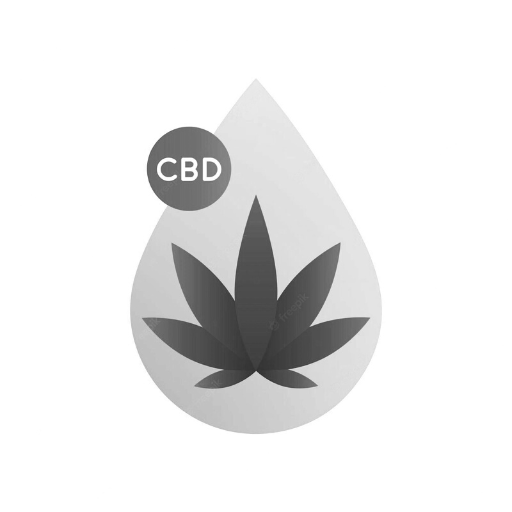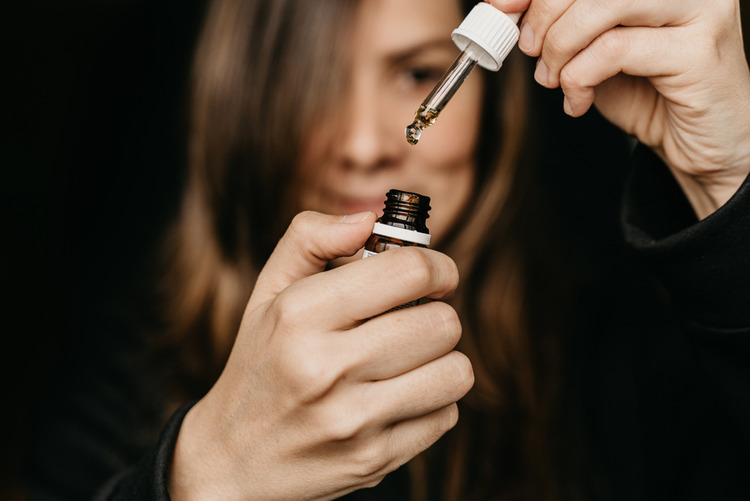
CBG for Anxiety: Does it Really Work?

Introduction
In recent years, Cannabigerol (CBG) has gained attention as a potential natural remedy for various health conditions, including anxiety. As part of the cannabinoid family found in cannabis plants, CBG is often touted for its non-psychoactive properties and potential therapeutic effects. This article explores the use of CBG as a remedy for anxiety, delving into its mechanisms of action, potential benefits, and considerations when using CBG for anxiety management.
Understanding CBG and Its Role

What is CBG?
Cannabigerol (CBG) is one of over 100 cannabinoids found in the cannabis plant. It’s considered a precursor to other cannabinoids like THC and CBD, as it is converted into these compounds as the plant matures. However, CBG is distinct in its own right and is being researched for its unique properties.
How Does CBG Work?
CBG interacts with the endocannabinoid system (ECS) in the human body, primarily by binding to CB1 and CB2 receptors. The ECS plays a crucial role in regulating various bodily functions, including mood, pain perception, and stress response. By modulating the ECS, CBG may influence anxiety levels.
The Potential Benefits of CBG for Anxiety
1. Anxiolytic Properties
Studies on rodents have shown that CBG may possess anxiolytic (anxiety-reducing) properties. It is believed to work by interacting with receptors in the brain’s limbic system, which is involved in emotion and stress responses.
2. Neuroprotective Effects
CBG also exhibits neuroprotective properties that may benefit individuals struggling with anxiety disorders. By protecting nerve cells and reducing inflammation in the brain, CBG may help manage anxiety-related symptoms.
3. Enhancing Mood
Some anecdotal reports suggest that CBG may have mood-enhancing effects. It is thought to influence the release of neurotransmitters like serotonin, which plays a key role in regulating mood. An increase in serotonin levels is associated with a more positive emotional state.
Considerations When Using CBG for Anxiety
1. Dosing and Individual Variation
The optimal CBG dosage for anxiety can vary from person to person. Factors such as body weight, metabolism, and individual sensitivity to cannabinoids play a role. It is advisable to start with a low dose and gradually increase it while monitoring its effects on your anxiety.
2. Full-Spectrum vs. Isolate
CBG can be found in both full-spectrum and isolate forms. Full-spectrum products contain a range of cannabinoids, including CBG, while isolates contain only CBG. Some users prefer full-spectrum products as they believe the combined effects of multiple cannabinoids create an “entourage effect” that enhances the therapeutic benefits.
3. Legality and Sourcing
The legality of CBG varies by region, so it’s essential to research and ensure compliance with local laws. Additionally, source your CBG products from reputable manufacturers who provide third-party lab testing to verify the product’s potency and purity.
4. Consulting a Healthcare Professional
Before using CBG or any cannabinoid for anxiety, consult with a healthcare professional, especially if you have underlying medical conditions or are taking medications. They can provide guidance on dosage, potential interactions, and monitor your progress.
CBG vs. Other Cannabinoids for Anxiety
1. CBG vs. CBD
CBG and CBD share some similarities but also have differences in their mechanisms of action. While both can have potential benefits for anxiety, some individuals may find one more effective than the other due to their unique body chemistry. Experimentation may be necessary to determine which cannabinoid works best for you.
2. CBG vs. THC
Unlike THC (tetrahydrocannabinol), CBG is non-psychoactive, meaning it does not produce the euphoric “high” associated with cannabis use. This makes CBG a preferred choice for those seeking anxiety relief without impairment.
Potential Side Effects and Precautions
1. Side Effects
CBG is generally well-tolerated, but like any supplement, it can have side effects. Potential side effects may include dizziness, dry mouth, and changes in appetite. These effects are usually mild and temporary.
2. Interactions with Medications
CBG may interact with certain medications, particularly those that are metabolized by the liver. If you’re taking medications, consult your healthcare provider before incorporating CBG into your routine to avoid potential interactions.
The Need for Further Research
Limited Clinical Studies
While initial studies and anecdotal evidence suggest that CBG may be a promising option for anxiety management, it’s essential to acknowledge the limited number of clinical studies conducted on humans. More research is needed to establish its efficacy conclusively.
Ongoing Research and Future Potential
1. Exploring New Horizons
While CBG shows promise for anxiety management, researchers are delving deeper into its potential. Some ongoing studies are investigating its role in addressing specific anxiety disorders, such as social anxiety disorder and generalized anxiety disorder. These studies aim to provide more targeted insights into CBG’s effectiveness.
2. Combination Therapies
CBG’s ability to interact with other cannabinoids suggests potential benefits in combination therapies. Researchers are exploring how CBG, when combined with other cannabinoids like CBD, can create synergistic effects that enhance anxiety relief. This approach may lead to more effective treatment options in the future.
3. Safety Profile
CBG’s generally favorable safety profile is another area of ongoing research. Extensive studies are essential to comprehensively understand any potential long-term effects, especially when used in higher doses or over extended periods.
Navigating the Market
1. Quality Control
As the popularity of CBG grows, the market for CBG products is expanding rapidly. It’s crucial for consumers to exercise caution and purchase from reputable brands that adhere to rigorous quality control standards. Look for products with third-party lab testing certificates to ensure purity and potency.
2. Product Varieties
CBG is available in various forms, including oils, capsules, edibles, and topicals. Each delivery method may have distinct absorption rates and durations of effect. Experimenting with different forms can help you find the most suitable option for your anxiety management needs.
3. Dosage Recommendations
Due to the lack of standardized dosing guidelines for CBG, finding the right dose can be a trial-and-error process. Start with a low dose and gradually increase it while monitoring your response. Consult with a healthcare professional to determine an appropriate dosage tailored to your individual requirements.
Conclusion
CBG has emerged as a potentially valuable tool in the realm of anxiety management. Its interactions with the endocannabinoid system, anxiolytic properties, and neuroprotective effects make it a candidate worth exploring for those seeking natural alternatives to traditional anxiety medications. However, it’s crucial to approach CBG with caution, starting with low doses and consulting a healthcare professional when necessary. As research continues to unfold, CBG may become an increasingly viable option for individuals looking to alleviate the burdens of anxiety in a safe and effective manner.